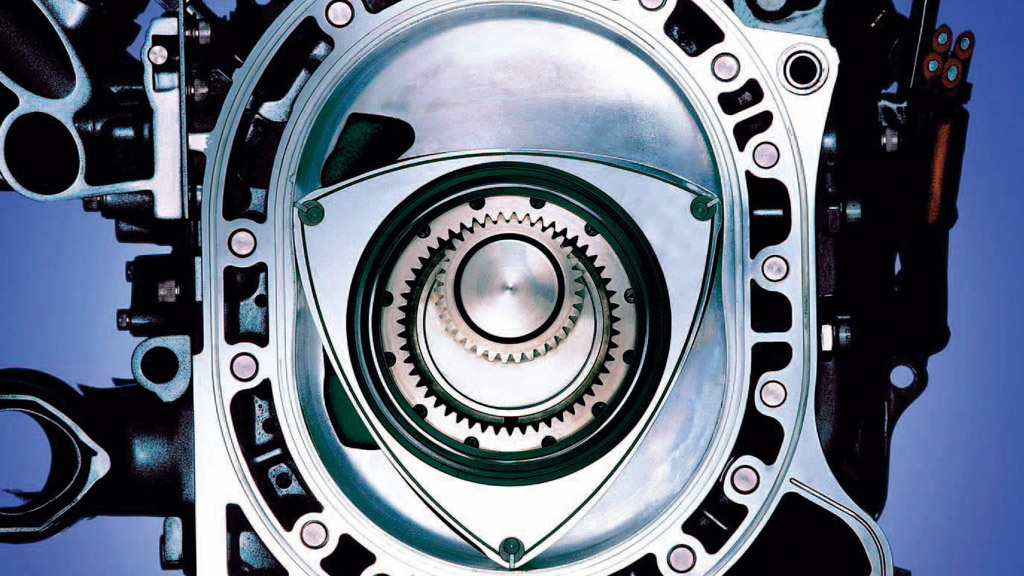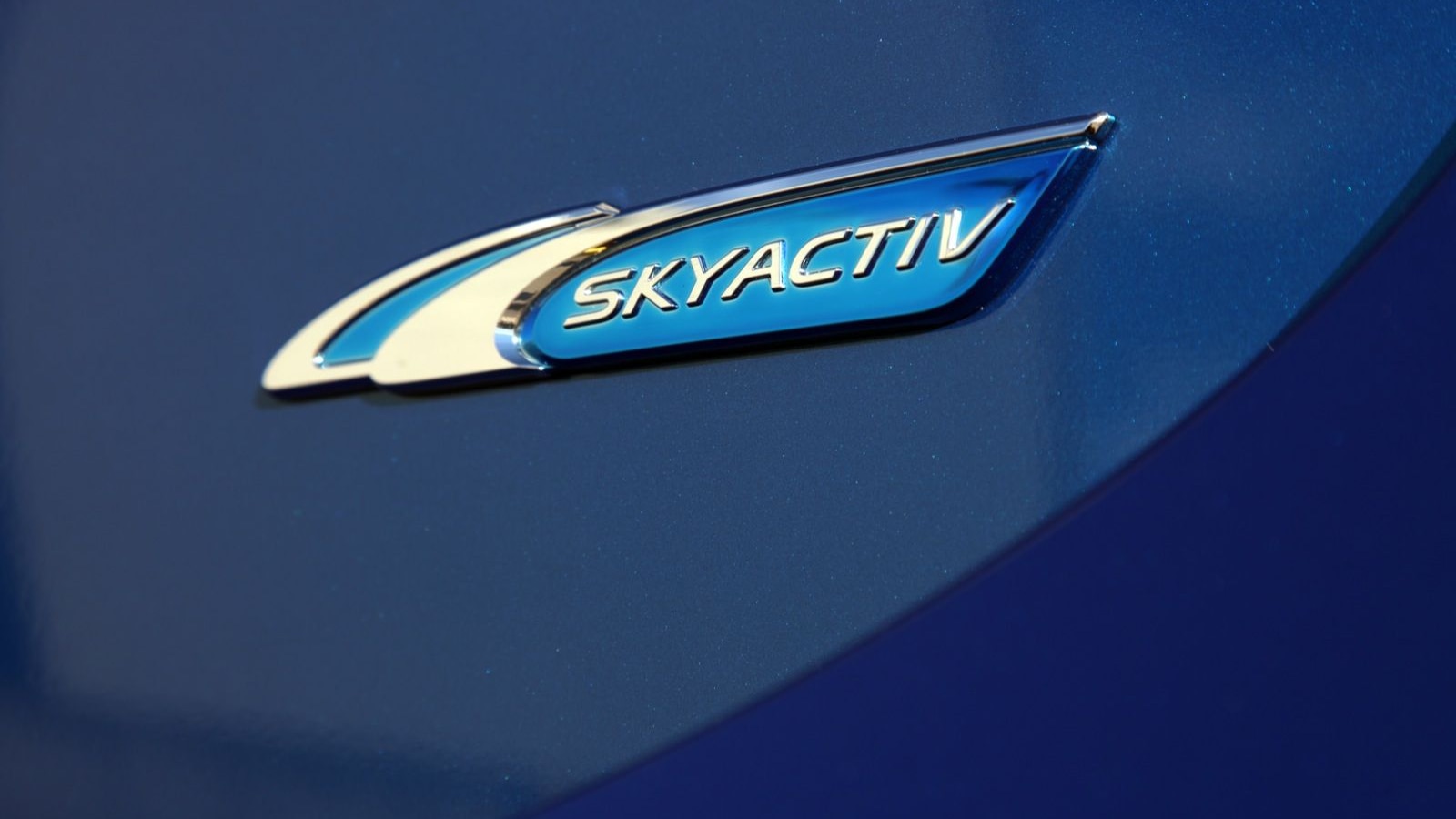You may have noticed we feature the late Mazda RX-8 rather less often than the Chevrolet Volt range-extended electric car.
Considering the final iteration of the four-seat, four-door sports car delivered just 23 mpg highway from its 1.3-liter Renesis rotary engine, it really wasn’t a green car.
But Mazda believes that's going to change.
WardsAuto.com says the carmaker could come full circle with its rotary engine efficiency and offer an improved version as part of its SKYACTIV technology for more fuel-efficient vehicles.
The inherent advantages of rotary engines over piston engines are lower vibration levels and more horsepower from a smaller displacement (the last RX-8’s naturally-aspirated 1.3-liter developed up to 232 horsepower).
The ideal formula for a green car? Well, not quite; rotaries have comparative shortcomings that include higher emissions, lower fuel economy, torque that's sometimes missing in action, and persistent issues with sealing the tips of the rotors against the engine walls.
Mazda’s general manager of powertrain development, Mitsuo Hitomi, remains optimistic.
“We think we’ve found a way to improve the rotary’s fuel economy to be truly equal to that of conventional piston engines," he told Wards.
If so, he said, the company believes it can "reintroduce the rotary to the market.”
Hitomi elaborated that the “way” toward better rotary fuel economy is really “ways,” plural. A less complex intake system, better sealing, and more efficient combustion are said to be key improvements in the next rotary.
We can't confirm when Mazda will roll this out, nor in which vehicle, but Hitomi hints that using a rotary as a range extender for an electric vehicle wouldn’t be out of the question.
Audi has already shown a prototype of such a car, and AVL Engineering has proposed another--offering a future role for rotaries as range extenders.
If so, perhaps one trait of the old, inefficient Mazda RX-8 may live on in our coverage in years to come.
+++++++++++















